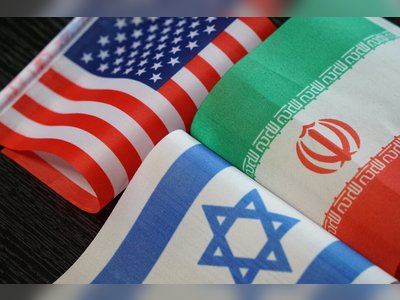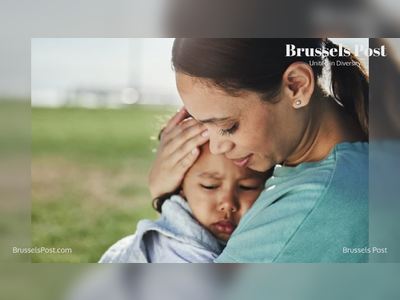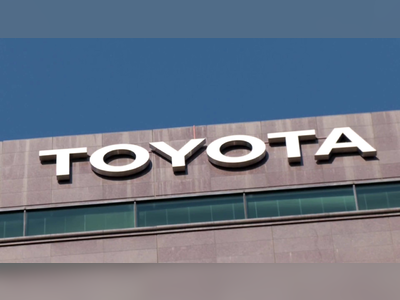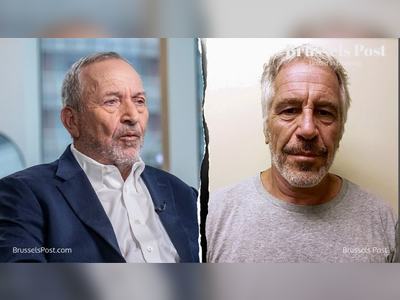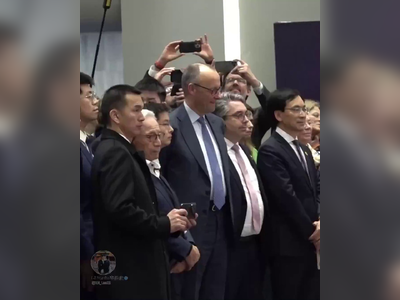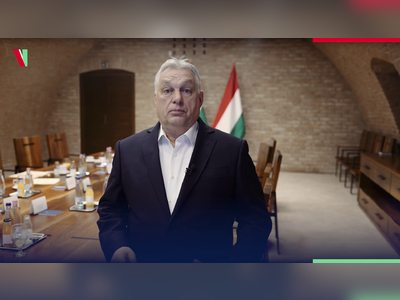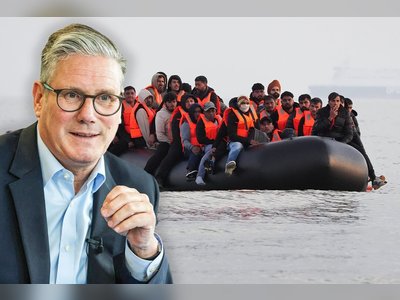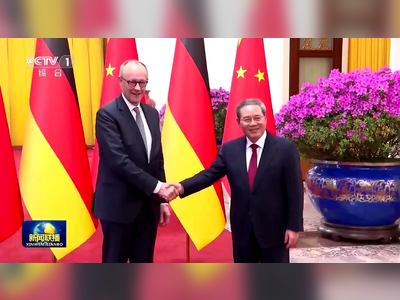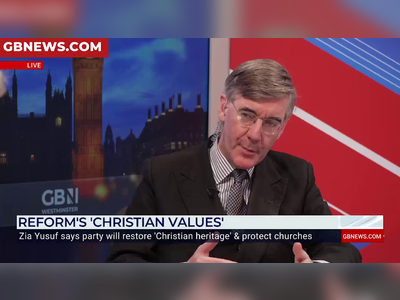Countries Finalize WHO Pandemic Agreement to Enhance Global Preparedness
A legally binding pact aims to bolster international cooperation for future pandemics, amidst ongoing negotiations for pathogen sharing and vaccine access.
Countries have adopted a legally binding pandemic agreement put forward by the World Health Organization (WHO), finalizing their consensus on addressing future global health emergencies after three years of negotiations.
The agreement was unanimously approved at the WHO's 78th World Health Assembly, despite the notable absence of the United States, which withdrew from the UN body in January under the previous administration.
The comprehensive draft text outlines key proposals designed to prevent future pandemics, emphasizing the importance of enhanced surveillance, strengthening of supply chains, and the establishment of research facilities in low-income regions.
This agreement stems from lessons learned during the Covid-19 pandemic, which highlighted significant disparities in access to vaccines and treatments between high-income and low-income countries.
WHO Director-General Tedros Adhanom Ghebreyesus characterized the agreement as a critical juncture for global health, stating, "The world is safer today." He emphasized that the deal represents a commitment from the international community to protect citizens and economies from future health crises akin to those experienced during the COVID-19 pandemic.
The process leading to the adoption of the pandemic agreement faced significant challenges, particularly during the final days of negotiations in April.
The European Union, alongside wealthier nations such as Japan and Switzerland, advocated for a framework where technology transfer would be classified as "voluntary" and "mutually agreed," leading to several deadlocks.
Despite these hurdles, various Geneva-based health organizations collaborating with the WHO negotiating team underscored the critical nature of the new provisions, which are expected to facilitate equitable vaccine access moving forward.
On the day of the vote, Slovak Prime Minister Robert Fico, known for his vaccine skepticism, requested a vote on the agreement, asserting his country’s intention to contest the adoption.
Ultimately, the vote concluded with 124 countries in favor, while 11 countries, including Italy, Poland, Bulgaria, the Netherlands, and Slovakia, chose to abstain, with no nation opposing the agreement.
Looking ahead, nations are tasked with hammering out the details of a separate annex concerning a Pathogen Access and Benefit-Sharing (PABS) system, which has been a focal point of contention throughout the negotiations.
This system is designed to facilitate the sharing of pathogen samples and data from countries to pharmaceutical companies in return for access to vaccines and treatments.
Health Policy Watch, a watchdog organization, has warned that continued discussions surrounding the PABS annex could present further complications.
Following the completion of these negotiations, projected to last approximately one year, the agreement will require ratification from at least 60 WHO member countries before the annex can take effect.
The agreement was unanimously approved at the WHO's 78th World Health Assembly, despite the notable absence of the United States, which withdrew from the UN body in January under the previous administration.
The comprehensive draft text outlines key proposals designed to prevent future pandemics, emphasizing the importance of enhanced surveillance, strengthening of supply chains, and the establishment of research facilities in low-income regions.
This agreement stems from lessons learned during the Covid-19 pandemic, which highlighted significant disparities in access to vaccines and treatments between high-income and low-income countries.
WHO Director-General Tedros Adhanom Ghebreyesus characterized the agreement as a critical juncture for global health, stating, "The world is safer today." He emphasized that the deal represents a commitment from the international community to protect citizens and economies from future health crises akin to those experienced during the COVID-19 pandemic.
The process leading to the adoption of the pandemic agreement faced significant challenges, particularly during the final days of negotiations in April.
The European Union, alongside wealthier nations such as Japan and Switzerland, advocated for a framework where technology transfer would be classified as "voluntary" and "mutually agreed," leading to several deadlocks.
Despite these hurdles, various Geneva-based health organizations collaborating with the WHO negotiating team underscored the critical nature of the new provisions, which are expected to facilitate equitable vaccine access moving forward.
On the day of the vote, Slovak Prime Minister Robert Fico, known for his vaccine skepticism, requested a vote on the agreement, asserting his country’s intention to contest the adoption.
Ultimately, the vote concluded with 124 countries in favor, while 11 countries, including Italy, Poland, Bulgaria, the Netherlands, and Slovakia, chose to abstain, with no nation opposing the agreement.
Looking ahead, nations are tasked with hammering out the details of a separate annex concerning a Pathogen Access and Benefit-Sharing (PABS) system, which has been a focal point of contention throughout the negotiations.
This system is designed to facilitate the sharing of pathogen samples and data from countries to pharmaceutical companies in return for access to vaccines and treatments.
Health Policy Watch, a watchdog organization, has warned that continued discussions surrounding the PABS annex could present further complications.
Following the completion of these negotiations, projected to last approximately one year, the agreement will require ratification from at least 60 WHO member countries before the annex can take effect.
AI Disclaimer: An advanced artificial intelligence (AI) system generated the content of this page on its own. This innovative technology conducts extensive research from a variety of reliable sources, performs rigorous fact-checking and verification, cleans up and balances biased or manipulated content, and presents a minimal factual summary that is just enough yet essential for you to function as an informed and educated citizen. Please keep in mind, however, that this system is an evolving technology, and as a result, the article may contain accidental inaccuracies or errors. We urge you to help us improve our site by reporting any inaccuracies you find using the "Contact Us" link at the bottom of this page. Your helpful feedback helps us improve our system and deliver more precise content. When you find an article of interest here, please look for the full and extensive coverage of this topic in traditional news sources, as they are written by professional journalists that we try to support, not replace. We appreciate your understanding and assistance.
